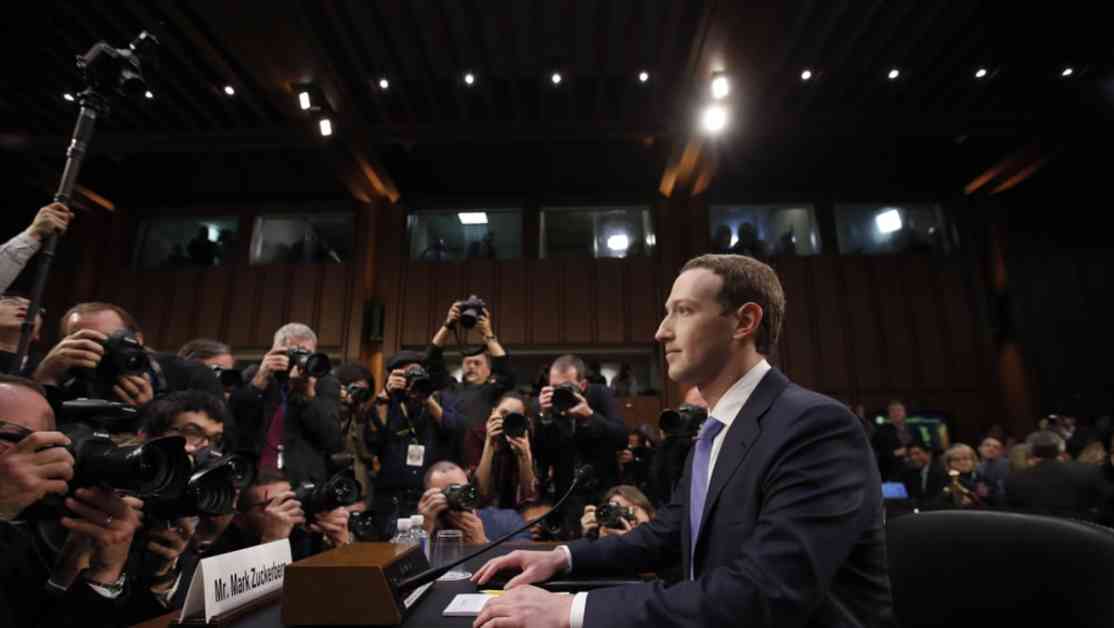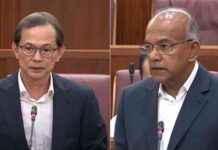Meta’s U-Turn on Fact-Checking: Implications and Concerns
In a surprising move, Meta founder Mark Zuckerberg recently announced plans to remove fact-checking and reduce content moderation on the company’s social media platforms, which include Facebook, Instagram, and Threads. This decision, while not entirely unexpected, raises significant concerns about the spread of misinformation and disinformation online.
Implications for Online Safety and Truth
Meta’s decision to scale back fact-checking and content moderation comes at a time when the prevalence of false information and harmful content is on the rise. With over 3 billion users worldwide, Meta’s platforms play a crucial role in shaping public discourse and information dissemination.
Experts and fact-checking organizations have expressed criticism of Meta’s move, highlighting the company’s previous efforts to combat disinformation and harmful content. The absence of fact-checking mechanisms could lead to a surge in misleading information, especially given the track record of former President Donald Trump in spreading false claims.
The Need for Collective Action
Addressing the dangers posed by the reduction in fact-checking requires a comprehensive and collaborative approach. While the possibility of Meta reversing its decision seems slim, there are alternative strategies to mitigate the impact of misinformation and disinformation.
As someone deeply involved in fact-checking efforts, I have witnessed the challenges of combating false information in the digital age. The sheer volume of fake news generated by various actors makes it impossible to fact-check every claim effectively.
Instead of relying solely on fact-checkers, educating the public about the dangers of fake news and fostering critical thinking skills is crucial. By promoting a culture of skepticism towards online content, individuals can better discern truth from falsehood and contribute to a safer information environment.
Looking Ahead: Building Resilience Against Misinformation
In the face of escalating threats from fake news and disinformation, a holistic approach involving all stakeholders is essential. Governments, tech companies, fact-checkers, media outlets, and the public must collaborate to develop sustainable solutions to combat misinformation effectively.
While Meta’s decision may have negative consequences, it serves as a stark reminder of the ongoing challenges posed by false information. By fostering an informed and vigilant citizenry, we can collectively confront the dangers of misinformation and safeguard the integrity of public discourse.
Nicholas Fang, a former journalist and Nominated Member of Parliament, emphasizes the importance of tackling misinformation through a multi-faceted approach. As the founder of a leading independent fact-checking platform in Singapore, he advocates for a proactive stance against fake news to ensure a more resilient and truth-centered society.


























